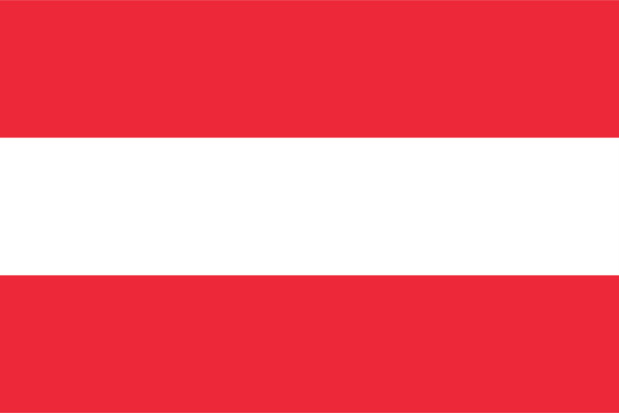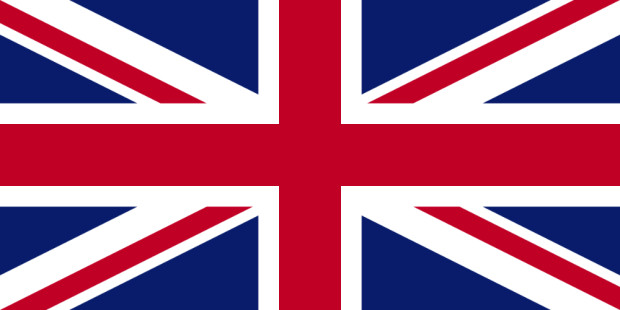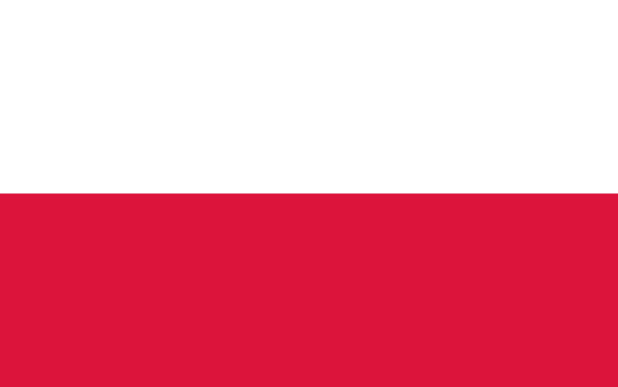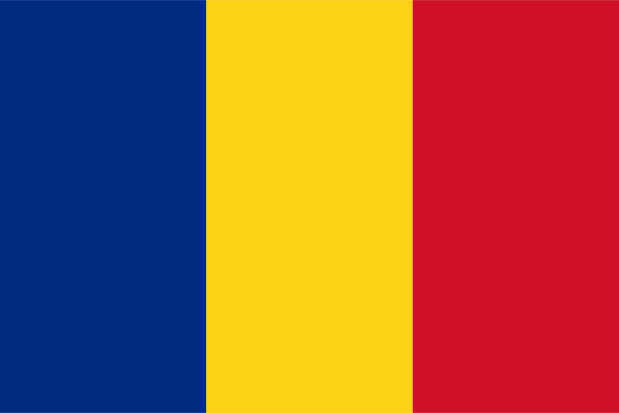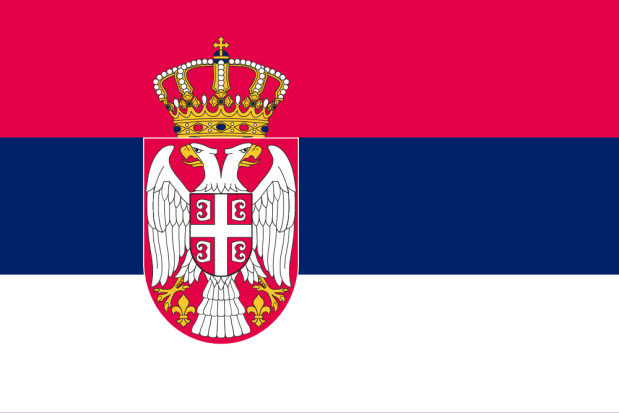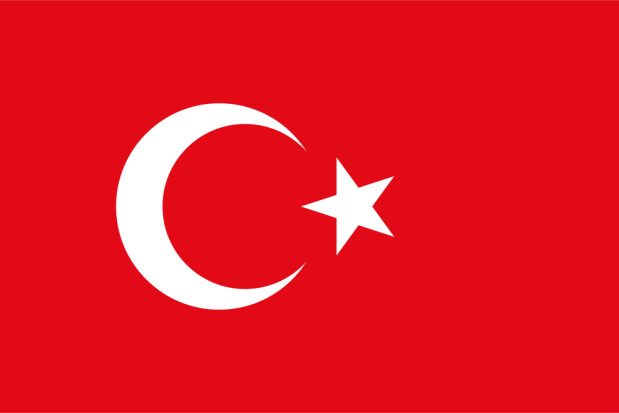Danube fish pit tagging
The Institute of Hydrobiology and Water Management at the University of Natural Resources and Applied Life Sciences Vienna is conducting fish ecological studies in the Danube and relevant tributaries in the section between Altenwörth and the area of the Danube Floodplain National Park as part of the project “Christian Doppler Laboratory on the Dynamics of Meta-ecosystems in Regulated Riverine Landscapes“.
As part of the research, fish are tagged with a “Passive-Integrated-Transponder-Tag” (PIT-tag for short). These are small “chips” that were specially developed for use on wild animals (comparable to the “chipping” of pets). They do not have their own battery and are therefore environmentally safe to use. The tags have a length of 12 or 23 mm (depending on the size of the fish) and are injected into the muscle flesh below the dorsal fin. In principle, all fish species are tagged, but primarily adult individuals of large species (nase, barbel, aitel, nerfling, female nerfling, pikeperch, sooty nase, archery, pike, etc.).
The marking of fish serves to generate valuable information on the migration behaviour of fish in the Danube. The aim is to contribute to the development of targeted and effective measures that will improve the Danube ecosystem and ultimately lead to the sustainable and effective protection of fish populations.
The markings of the fish are always made below the dorsal fin. Bream and carp, however, are marked between the pelvic fins.
The tags are absolutely medically safe for humans even if accidentally consumed! Nevertheless, we would like to ask you to look out for possible tags when eating the fish species mentioned. Should you discover one of the tags when gutting or eating a fish, we kindly ask you to fill in the feedback form and hand it in at one of the following drop-off points or send it to the address mentioned.
Here you will find a complete list of all drop-off points. Drop boxes for the PIT tags and printed feedback forms are available at the drop-off points.
You are also welcome to send the completed feedback form to the following address.
Universität für Bodenkultur
Institut für Hydrobiologie und Gewässermanagement
Michael Grohmann
Gregor Mendel-Straße 33/DG
1180 Wien
If you have any questions, please use the following contact form. We will get back to you as soon as possible.

